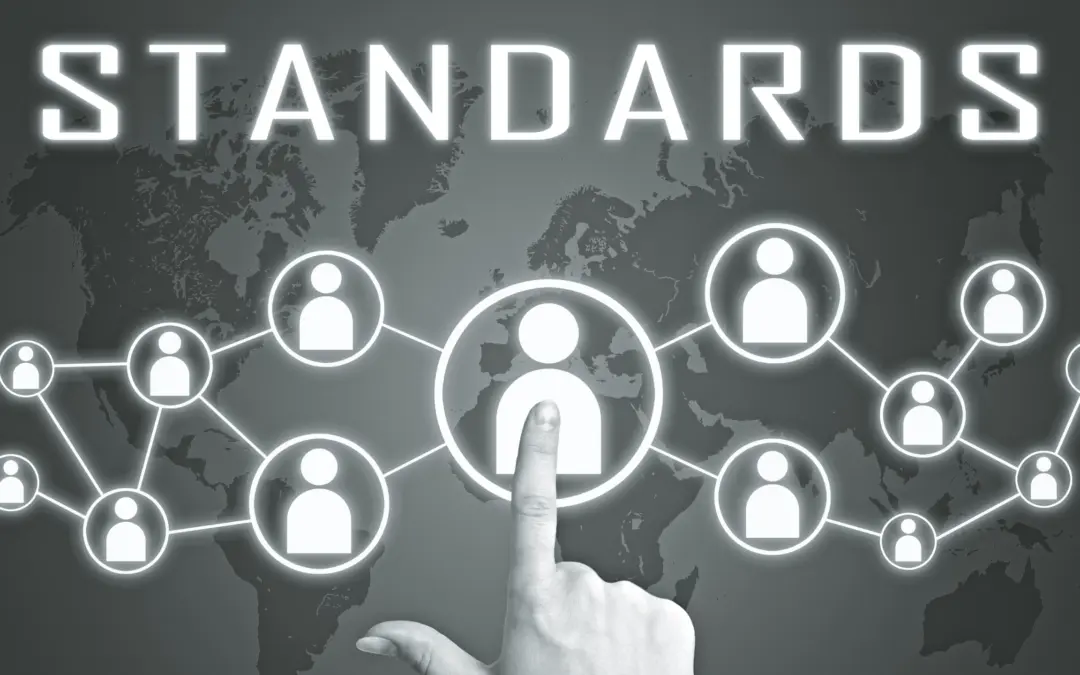
Adherence to industry standards and compliance regulations is paramount in the dynamic landscape of industrial furnaces. These guidelines ensure safety, quality, and consistency across furnace design, manufacturing, and operation. Let’s delve into the key aspects of standards and certifications that every furnace professional should know.
ISO Standards
ISO (International Organization for Standardization) sets globally recognized standards for various industries, including furnaces. Here are some relevant ISO standards:
1. ISO 9001: Quality Management Systems
This standard focuses on quality control, process improvement, and customer satisfaction. Furnace manufacturers and service providers often seek ISO 9001 certification to demonstrate their commitment to quality.
2. ISO 14001: Environmental Management Systems
Environmental responsibility is crucial in furnace production. ISO 14001 ensures companies implement eco-friendly practices and minimize their environmental impact.
3. ISO 45001: Occupational Health and Safety Management Systems
Furnace operations involve risks, such as high temperatures, chemicals, and heavy machinery. ISO 45001 emphasizes safety protocols, risk assessment, and employee well-being.
ASTM Standards
ASTM International (formerly the American Society for Testing and Materials) develops and publishes technical standards for materials, products, systems, and services. In the furnace industry, ASTM standards cover materials, testing methods, and performance criteria.
1. ASTM E119: Fire Resistance Testing of Building Construction Materials
Relevant for furnace insulation materials and fire-rated structures. Determines the fire resistance duration under specific conditions.
2. ASTM C704: Abrasion Resistance of Refractory Materials
Evaluate the wear resistance of refractory linings in furnaces. Crucial for durability and longevity.
CE Marking
The CE mark indicates compliance with European Union (EU) directives. While not specific to furnaces, it applies to machinery safety, electromagnetic compatibility, and environmental protection. Furnace manufacturers exporting to the EU must meet CE requirements.
National and Regional Standards
Different countries and regions have their furnace-related standards. For example:
1. NFPA 86: Standard for Ovens and Furnaces
Developed by the National Fire Protection Association (NFPA) in the United States, it covers the safety aspects of industrial ovens and furnaces.
2. JIS (Japanese Industrial Standards)
Japan’s national standards organization. JIS standards apply to furnace components, materials, and safety features.
3. BIS (Bureau of Indian Standards)
India’s national standards body. BIS standards regulate furnace design, construction, and installation.
Recent Updates
Stay informed about regulatory changes. For instance:
1. Energy Efficiency Regulations
Many countries now implement energy efficiency criteria for industrial equipment, including furnaces. Compliance impacts energy consumption, emissions, and operating costs.
2. Digitalization and IoT Integration
As furnaces become smarter, standards evolve to address data security, connectivity, and remote monitoring.
Conclusion
In conclusion, a commitment to industry standards ensures safe, efficient, and reliable furnace operations. Whether you’re a manufacturer, operator, or maintenance professional, staying informed and compliant is essential for success in the furnace industry.
If you decide to implement high-quality industrial furnaces in your workplace, then ‘Precons furnaces’ are always the best choice. We always provide the best installation and services.
For more information about ‘Precons’,
♥ Do call 9840930370 or Fill out our Appointment form to get in touch!
♥ Follow our Social Media pages for recent updates. Facebook | Instagram